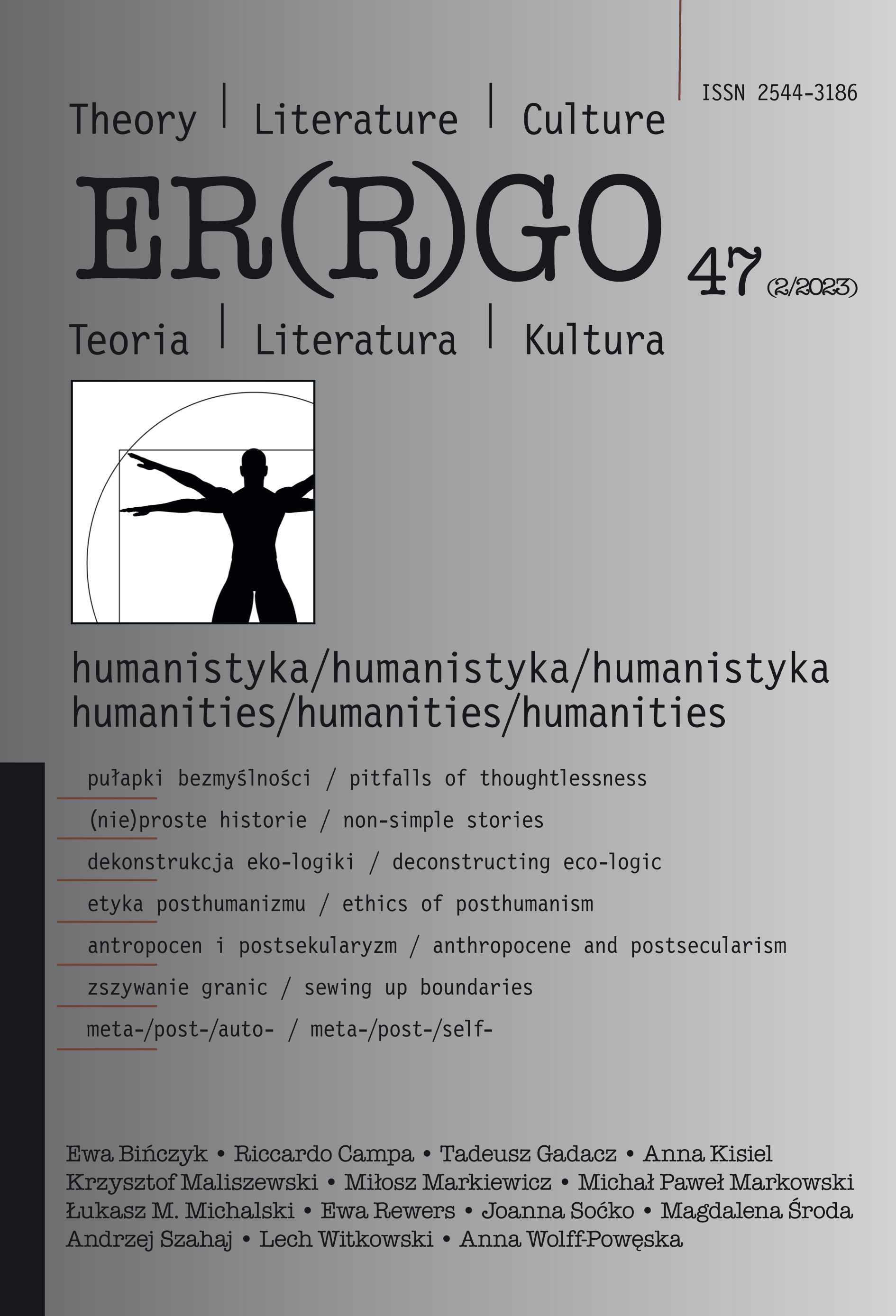From Data to Scenarios On the “Imaginative Coefficient” of Futurology
From Data to Scenarios On the “Imaginative Coefficient” of Futurology
Author(s): Riccardo CampaSubject(s): Language and Literature Studies
Published by: Wydawnictwo Uniwersytetu Śląskiego
Keywords: futurology; scenario analysis; possible worlds; trend analysis; imaginative coefficient; futures
Summary/Abstract: This article reconstructs the historical circumstances that led to the emergenceof futurology, as a distinct field of research, and of Herman Kahn’s scenario analysis, asan investigative tool alternative to trend analysis. Two main paradigms characterizedprospective thinking up to the mid-20th century, a historico-literary one that emphasizedthe importance of imagination and artistic talent, and a technical-scientific one thatfavored the rigorous analysis of data and precision of forecasts. After the Second WorldWar, these two paradigms found a virtuous synthesis in scenario analysis, a halfwayapproach between literary arts and science. The author argues that the use of imaginationand creativity does not undermine the scientific status of futurology, just as itdoes not put in jeopardy that of other sciences. He also introduces the term imaginativecoefficient to indicate a fundamental ingredient of prospective thinking and providesthe theoretical basis of this concept.
Journal: ER(R)GO. Teoria-Literatura-Kultura
- Issue Year: 2/2023
- Issue No: 47
- Page Range: 127-142
- Page Count: 16
- Language: English

